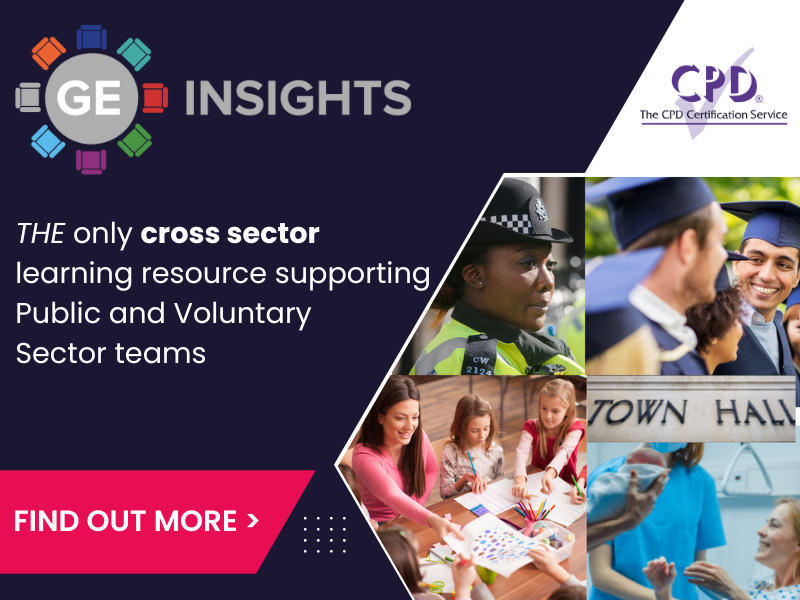Showcasing Local Employers to Improve Youth Employment Opportunities
The number of young people not in education, employment or training in January to March 2022 was estimated at 10.4%. We heard from Julie Young, Post-16 Advisor at Somerset County Council, about how the TalentEd Academy programmes has provided young people with opportunities to explore future careers following education.
Keep reading










